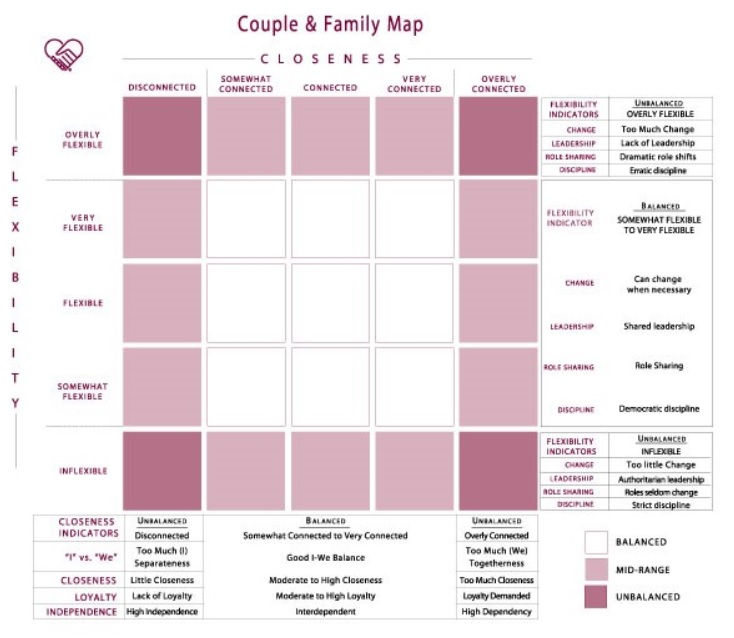Emotional Intelligence
- rogerlinpsyd
- May 27, 2022
- 3 min read
Emotional intelligence is also known as Emotional Quotient (EQ). EQ is the ability to identify, understand, express, and manage your emotions effectively. It involves the ability to manage stress, overcome problems, resolve conflicts, empathize with others, and build healthy relationships.
EQ Vocabulary and Definitions
Emotions: An emotion is energy in motion; a physiological/chemical reaction to a situation.
Feelings: A feeling is the interpretation you have of your emotions based on your logic and previous experiences.
Mood: A mood is a general feeling state over time. For example, you can be in a happy, sad, anxious, grumpy moods.
Attitude: An attitude is a predisposed tendency to think, act, and feel a certain way.
Motivation: Motivation is the reason for what you are doing.
Emotional-awareness: The ability to identify and name your emotion. You know what you are feeling and why you are feeling the way you are. You know how the feeling is affecting your thoughts and behaviors.
Emotional repression: You hold your emotions inside. You hide, deny, or try to cover up your emotions. For example, when you are feeling upset, you smile and say "No, I'm fine".
Emotional projection: You think someone is feeling a certain way because you yourself are feeling that way. For example, you think someone is disappointed with you because you made a mistake. You are projecting your feelings of shame and frustration onto the person, when in reality that person is feeling compassion towards you.
Emotional flooding: When you are overwhelmed by emotion and unable to control your thoughts and behaviors. Examples: We can be flooded with emotions and have angry outbursts, uncontrollable crying, become confused and disorientated, or have a panic attack.
Emotional-regulation/control: Your ability to identify, express your emotions, and apply them to your thinking, problem solving, decision making, and to help others. The ability to be flexible and adapt to changing circumstances and to utilize your emotions productively. Emotional dysregulation is the opposite- the inability to manage and express your emotions productively.
Emotional maturity: A fully-developed emotional life. Emotional immaturity is the opposite- an undeveloped emotional life.
Social-awareness: The ability to empathize with people. You are able to understand the emotions and needs of other people and pick up on their emotional cues. The ability to read the room.
Relationship management: You understand the stages of and how to develop relationships. You can communicate clearly, work together cooperatively, and resolve conflicts.
EQ Skills to Develop
1. Self-awareness
Grow in your ability to use your emotions to make constructive decisions about how you act. Be intentional to be alone and self-reflect. Take the time to sit and answer these questions: What am I thinking about? I think...
What do I want? I want...
What am I feeling? I feel...
What am I doing? I am...
Who am I? I am...
2. Self-regulation
Grow in your ability to control your impulsive feelings and behaviors. The ability to filter thoughts, suspend judgment, control reactions, and to think before speaking and acting.
If you develop your ability to self-regulate you will also grow in: Self-control, integrity, flexibility, the ability to take initiative, the ability to follow through on commitments, comfort with uncertainty and discomfort, and the openness to change.
Practice self-regulation techniques during stressful situations: Take deep breaths; Positive self-talk and affirmations, "I can do this, I got this, Relax, Pause"; Physically step away before you re-engage; Engage with your 5 senses to ground yourself.
3. Motivation
Connect your motivation to work to reasons that go beyond money or status. Develop the ability to pursue goals with energy and persistence.
Practice setting daily, weekly, monthly, quarterly, annual, and long-term goals. Break your goals down into smaller steps, and actively engage with pursuing your goals.
4. Empathy
Grow in your ability to understand how other people are feeling, and to respond in an appropriate way.
You can practice empathy by asking people if they are feeling what you think they are feeling.
5. Social skills
Grow in your ability to initiate, engage, manage, deepen, and build meaningful relationships. Practice finding common g round, points of connection, and building rapport with people.
Social skills to practice: Spend uninterrupted time with people. Work on a project with someone. Reach out to people and be in regular communication to grow and deepen your relationships.

Comments